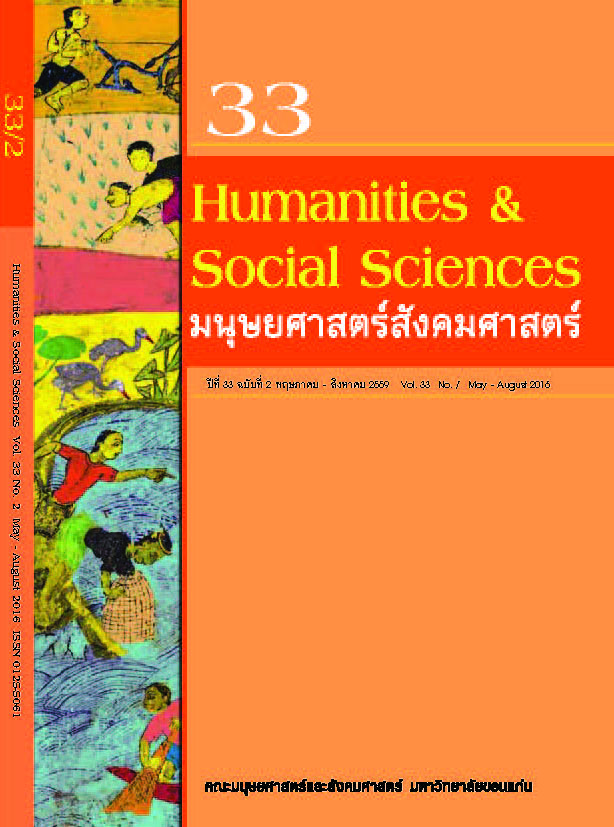Comparing the Effectiveness of Processing Instruction and Output-based Instruction in Acquiring the BE copula
Keywords:
รูปแบบการสอนแบบประมวลผล, การประมวลผล, รูปแบบการสอนAbstract
Abstract
Previous studies on processing instruction have shown mixed results regarding its effectiveness when compared to output-based instruction. This could be due to how both types of instruction can lead to attention to form. Furthermore, the target structure may have favored one type of instruction but not the other. The current study compares the effectiveness of two types of instruction, namely, processing instruction and output-based instruction, on the acquisition of the English be copula + adjective predicative structure. Fifty-five Thai EFL learners were assigned to either a processing instruction group (n = 20), output-based group (n = 20), or control group (n = 15). The processing instruction group and the output-based group were instructed under the two different conditions as mentioned, while the control group performed only the pre and posttests. Results revealed that output-based instruction and processing instruction were equally effective in improving learners comprehension and production of the be copula + adjective predicative structure. The results of the study confirm and contradict previous findings.
Keywords: processing instruction; input processing; output-based instruction



